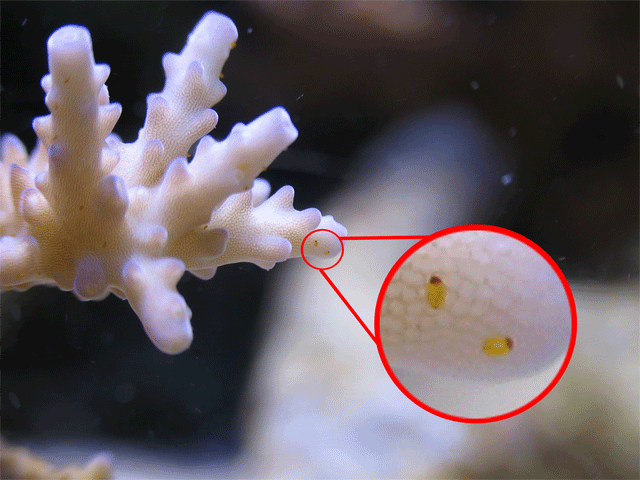Also wanted to mention... I called Neptune about the AEFW and was clearly told that they DONT DIP anything that goes into their systems.
Nav...who was it that told you I refused to dip? I would really like to know as this is a serious mis-understanding and represent a training issue to me. If you don't want to disclose the name publicly, please PM me.
As for the AEFW issue, this is nothing new. This is unfortunately, one of the drawbacks to coral trading among the hobby and will continued to be an unavoidable problem for most everyone. Practically, every single reef shops in the Bay Area has them. Most of them don't even know it! and it has been so for years. If you have a real reef shop that told you otherwise, you'll need to take your business else where as I have confirmed cases from almost all of them.
While this is by far not an excuse for me, I've tried my best to keep them under control but there's really so much my crew and I can do to avoid them and deal with them. It's like Herpes, once you get it...you get it. At some point, we just need to learn to live with them. Ask Rich Ross, even that dude have them and been living with them for years.
Don't want to keep beating on a dead horse but dipping and quarantining is now the best and only solution other than errr...don't do SPS at all. What's your flavor...Nudi? Aiptasia? Mojano? Red Bugs? Hydroids? Mollusk Eating Flatworm??? Get my point? There will always be some sort of pests in your system one way or another...sooner or later...that I can guaranty you. It's part of the progression of the hobby. What I've always told people when they asked me about this sort of stuff is that if I don't trust my system 100%, neither should you and that's why you should dip and quarantine everything from ANYBODY. This is the truth in my shop and it has always been this way.
As far as me refusing to dip, I think you may have gotten the message out of context. Yes, I have told my staff to forego dipping on certain shipments...but not all. I dip whenever possible. I get two to three shipments of corals a week and half of the times, they came in really really bad shape (much more so in the winter months) and will not be able to withstand the dipping regiment. In those cases, they go straight into ideal water but usually get dipped when they are ready to be transferred to stocking tanks. My staff usually don't do that as they are often inexperience in judging new arrival's health and that's why I dipped them myself whenever I can. Even so, it's never a guaranty kill-all solution.
I hope this helps clearing things up a bit.
Last edited:

